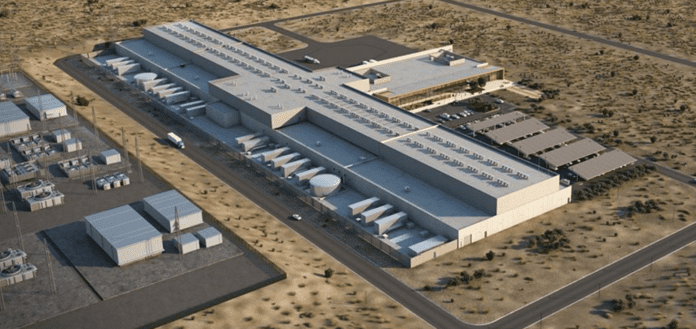Continuing to build out its global infrastructure, while leveraging hardware designs compiled via the Open Compute Project, Facebook announced it will break ground in October on its seventh data center.
The new facility is said to be “one of the most advanced, energy-efficient data centers in the world,” wrote Ken Ptatchett, region west director of data center operations at Facebook, adding, “it will be cooled using indirect evaporative cooling systems that emphasize efficiency, while protecting our servers from the frequent dust storms that occur in New Mexico.”
In addition to creating thousands of temporary construction jobs and “dozens” of long-term ops positions, Pratchett wrote the facility will be completely powered by renewable solar and wind energy.
“By powering our data center with renewable energy versus natural gas, we also reduce the water usage associated with the data center by 30%,” Pratchett noted. “The new solar and wind farms also bring additional jobs and investments to the region.”
Facebook CEO Mark Zuckerberg shared his thoughts on a post to the social media site: “Data centers deliver all of Facebook’s services to you. They’re some of the most complex machines ever created. The Los Lunas Data Center will be one of the most advanced and energy-efficient data centers in the world. We’re glad to be investing in New Mexico, to become part of the Los Lunas community, and to continue building the massive infrastructure that connects our global community.”
Facebook has data centers in Prineville, Oregon; Forest City, North Carolina; Altoona, Iowa; Fort Worth, Texas; Lulea, Sweden; and Clonee, Ireland.
The Forth Worth data center, in March of this year, had already cost $229.7 million in construction costs, based on a BuildZoom analysis of building permits.

